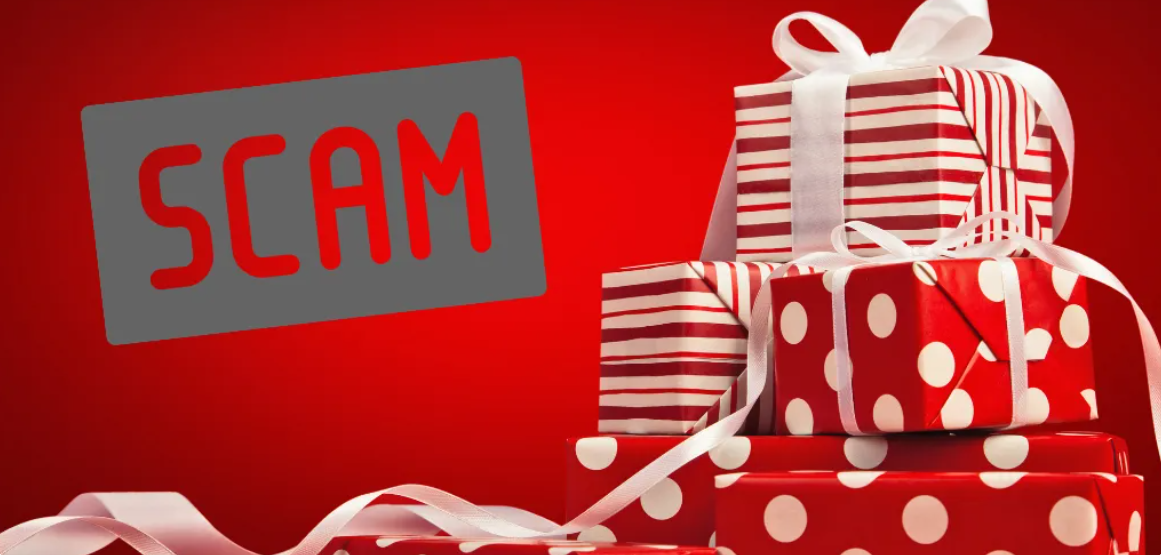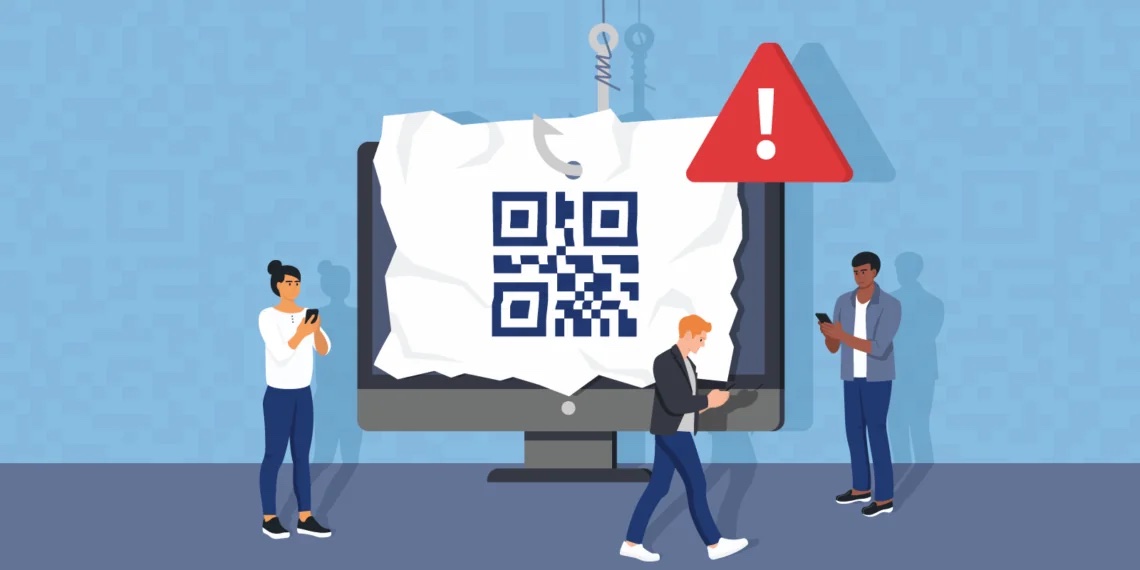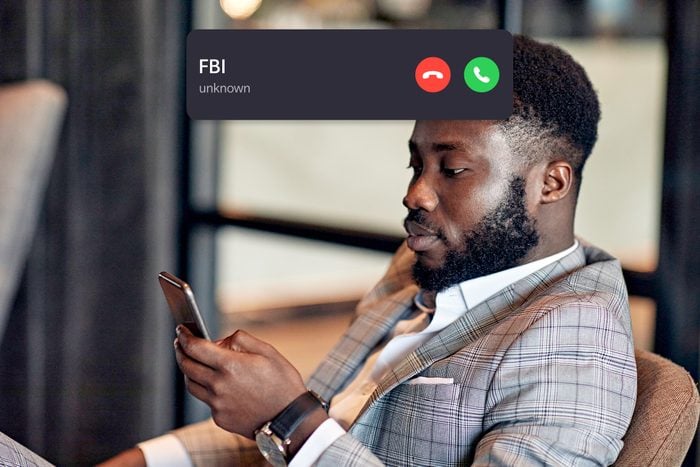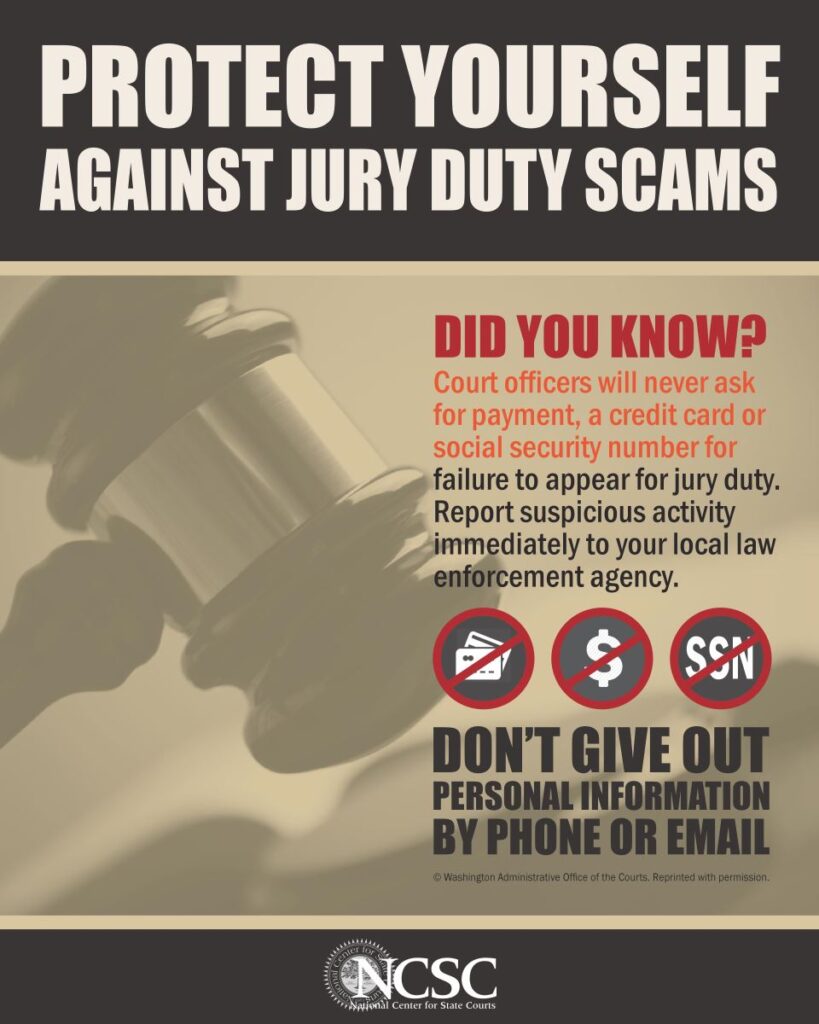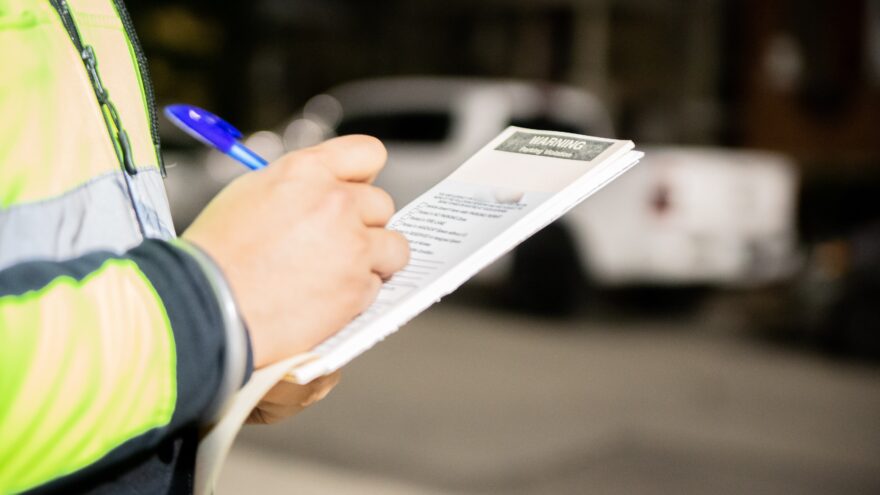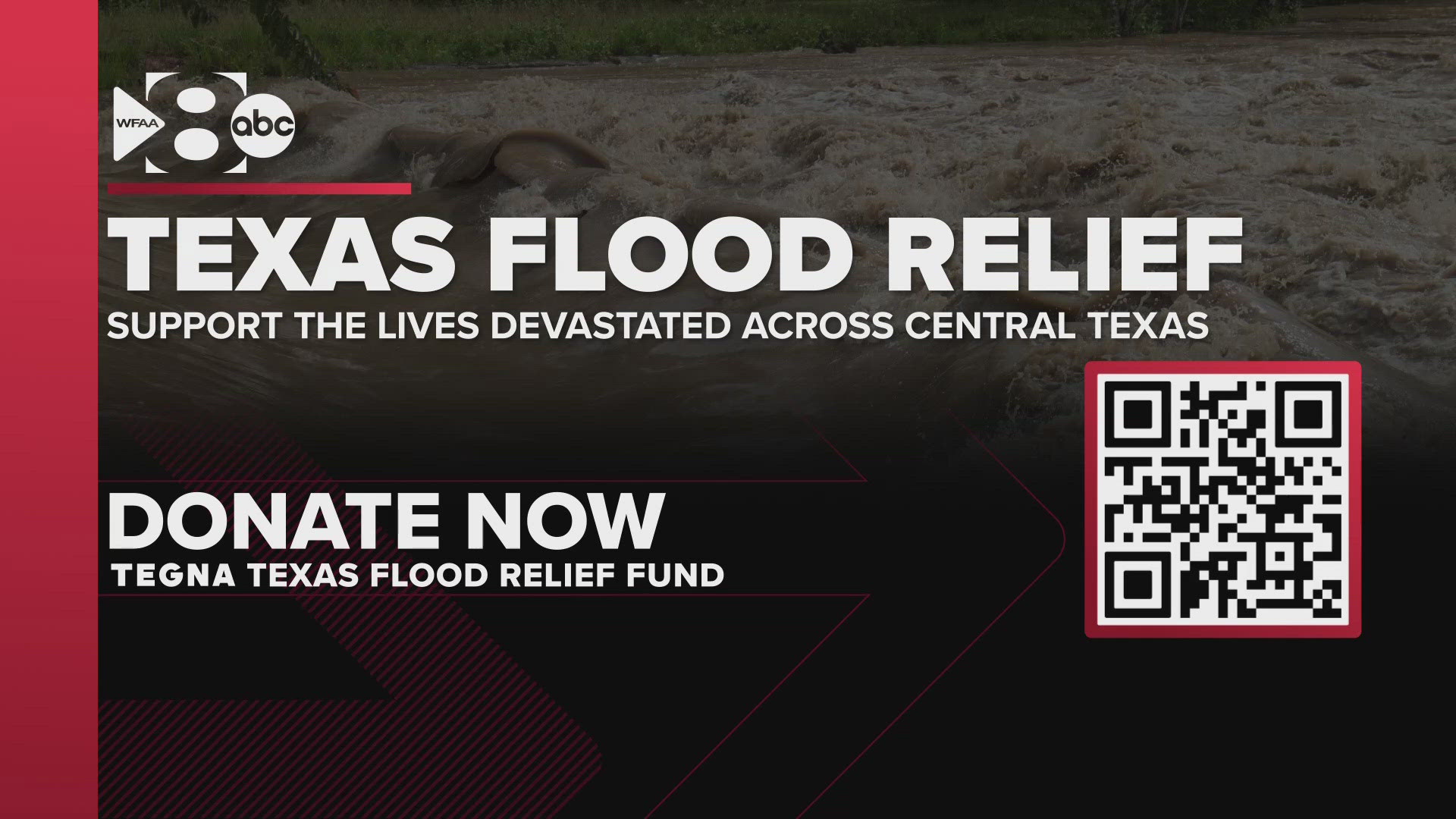Scammers often try to convince you that you’ve hit the jackpot. But if you receive a “winning” letter for millions of dollars with instructions to pay a small fee — such as for taxes, processing, or handling — it’s not luck, it’s a scam. If you pay, you’ll lose money and discover that there is no prize at all. How can you spot a prize scam?
Scammers exploit the promise of a prize to steal your money or personal information. They might pose as representatives of a well-known company like Publishers Clearing House and contact you via phone, text, email, or social media, claiming you’ve won a prize. However, they’ll tell you that you must send them money first — often to release the winnings. No legitimate company asks you to pay in advance to claim a prize. Only scammers do that. Before reacting, take a moment and ask yourself the following questions:
- What are others saying? Look online to see what you can find about the contest or company. Search for the name along with terms like “reviews,” “complaints,” or “scam.”
- Has anyone else received this message? While checking online, see if others have received similar messages. If you received the offer by mail, look at the postmark on the envelope or postcard. Bulk mailing means others likely received the same offer.
- Are they asking me to pay or provide sensitive personal information? If yes, it’s a scam. There’s no reason to provide your bank account or Social Security number to claim a prize. Only scammers ask you to pay via wire transfer through companies like Western Union or MoneyGram, or use payment apps like Apple Pay, CashApp, PayPal, or Zelle, or send money via gift cards or cryptocurrency to claim a prize.
Share this warning with family and friends to help them avoid falling for prize scams!

